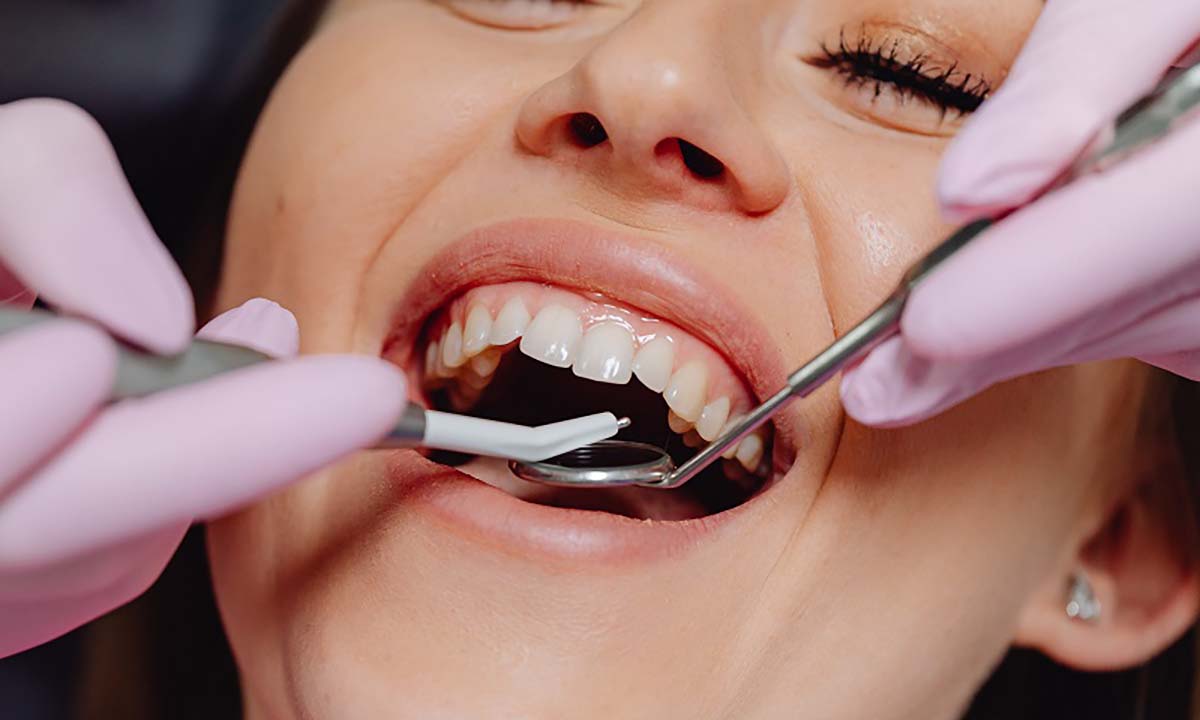
Gum health is crucial for a healthy mouth. It affects more than just your smile. When you notice these signs, it’s time to talk to your dentist in Juno Beach. First, if your gums bleed when you brush, it might hint at gum disease. Bleeding isn’t normal and needs attention. Second, pay attention to whether your gums are red or swollen. Healthy gums should appear firm and pink. Redness or swelling might suggest an issue. Lastly, if you have persistent bad breath, it could mean an underlying problem. Bad breath isn’t just a nuisance. It often signals gum trouble. Addressing these signs early helps prevent more serious problems later. Discuss any concerns with your dentist. They can offer advice and treatment to maintain your gum health. Remember, taking action now can prevent bigger issues in the future. Your dentist can guide you to better oral health.
Understanding Gum Health
Your gums are important for holding your teeth in place. They provide a barrier against harmful bacteria. When gums are unhealthy, they can lead to painful and costly dental problems. Gum disease is common, but it’s also preventable. Early detection is key. Regular check-ups help you catch problems before they become severe. Your dentist can offer solutions that fit your needs and lifestyle.
Why Bleeding Gums Are a Concern
Bleeding gums can be alarming. This often indicates inflammation due to plaque buildup along the gum line. If left unchecked, this can lead to more serious conditions. According to the Centers for Disease Control and Prevention, many adults experience some form of gum disease. Noticing bleeding during brushing is a sign to consult your dentist. Early treatment can prevent tooth loss and maintain your oral health.
Red and Swollen Gums
Healthy gums are firm and pale pink. If you notice changes in color or texture, this could signal an issue. Swelling and redness are typically signs of inflammation. Factors like poor oral hygiene or smoking can worsen the situation. If symptoms persist, seek guidance from your dentist. They can assess whether you are at risk for gingivitis or more severe periodontal issues.
Persistent Bad Breath
Bad breath, or halitosis, can be more than an annoyance. It often indicates gum disease. When bacteria accumulate in the mouth, they produce unpleasant odors. Persistent bad breath is a signal to consider your gum health. Your dentist can help identify the root cause of the issue and recommend effective treatments.
Comparison of Healthy vs. Unhealthy Gums
| Characteristic | Healthy Gums | Unhealthy Gums |
|---|---|---|
| Color | Pale Pink | Red or Purple |
| Texture | Firm | Swollen or Spongy |
| Bleeding | No | Yes, during Brushing |
| Breath | Fresh | Persistent Odor |
Steps to Maintain Healthy Gums
Maintaining gum health requires consistent care. Here are three steps you can take:
- Brush twice a day and floss daily to remove plaque.
- Visit your dentist regularly for check-ups and cleanings.
- Stop smoking to reduce the risk of gum disease.
The National Institute of Dental and Craniofacial Research states that lifestyle choices significantly impact oral health. Simple changes can improve your gum health and overall wellness.
Conclusion
Gum health is often overlooked but plays a vital role in your overall oral hygiene. Identifying warning signs early helps prevent more serious conditions. Trust your dentist to provide care and guidance. Addressing issues like bleeding, swelling, and bad breath can save you from discomfort and potential expenses. Regular dental visits and good oral hygiene are keys to a healthy smile. Taking action today ensures a brighter tomorrow for your dental health.